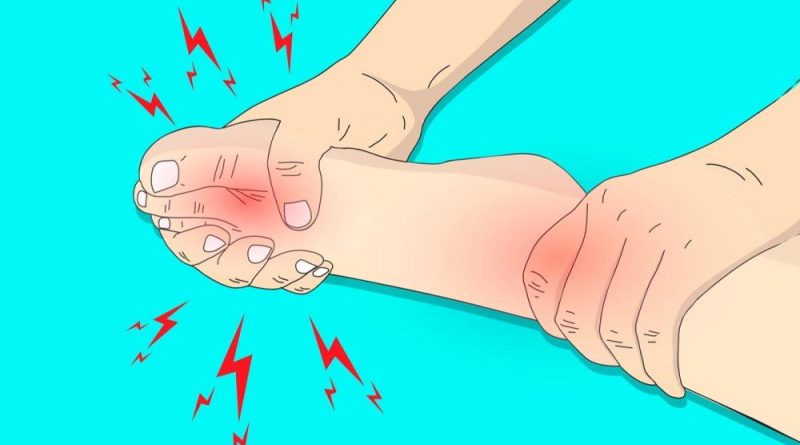What is Peripheral Neuropathy?
Numbness, weakness, and pain in your legs and hands may indicate you have peripheral neuropathy. The disease affects about 30% of America’s population. Peripheral neuropathy may affect anyone but is common in older people. Diabetic individuals also have an increased risk of the condition. The symptoms range from mild to severe. Contact Bakersfield peripheral neuropathy specialist for diagnosis and treatment. Read below for detailed information about peripheral neuropathy.
What is peripheral neuropathy?
It is a health condition that results from permanent damage to the peripheral nerves. Usually, the peripheral nerves transmit information from the brain and spinal cord to other body parts. They also deliver sensory signals back to the central nervous system.
Peripheral neuropathy causes nerve damage in your entire body, including the lower extremities. It causes numbness such that, when a wound develops, you cannot feel the pain or realize it. Without treatment, the wound becomes bigger and may get infected.
Peripheral neuropathy has no cure. However, early diagnosis and treatment can relieve the symptoms and prevent the disease from complications.
What are the symptoms of peripheral neuropathy?
The symptoms are different, depending on the type of nerves affected, including sensory nerves, autonomic nerves, and motor nerves. Peripheral neuropathy causes muscle weakness, numbness, tingling sensations, and burning and throbbing pain in your legs and hands. It also leads to a lack of coordination and falling.
You may also encounter pain when pulling a blanket over your skin and putting weight on your feet.
What causes peripheral neuropathy?
You develop peripheral neuropathy from various issues, such as infections, diabetes, alcoholism, tumors, autoimmune diseases, and bone marrow disorders. Certain medications and exposure to toxins may also cause peripheral neuropathy. Chronic conditions such as liver disease, kidney disease, and hypothyroidism may increase your risk of the disease.
Diagnosis of peripheral neuropathy
The Diabetic Foot and Wound Center team diagnoses peripheral neuropathy by performing a comprehensive physical and neurological exam. They assess your medical history, review your family history of neurological diseases, and discuss your lifestyle and drinking habits.
They may order blood tests to confirm diabetes and vitamin deficiencies. They also perform nerve function tests, CT scans, or MRIs.
What is the treatment for peripheral neuropathy?
Your Diabetic Foot and Wound Center provider provides integrative treatments to help you control peripheral neuropathy. The treatments aim at minimizing the pain and restoring your healthy living.
Your provider prescribes treatments depending on the severity of your symptoms. They may recommend pain relievers, antidepressants, anti-seizure medications, or topical treatments, such as lidocaine.
The team also offers different therapies to treat peripheral neuropathy. They include physical therapy, transcutaneous electrical nerve stimulation, intravenous immune globulin, and plasma exchange. Though rare, surgery may be necessary in some cases.
How to prevent peripheral neuropathy?
Prevention stands to be the best cure. You can prevent peripheral neuropathy by maintaining a healthy weight and managing your blood sugar and blood pressure. Regular exercise, reducing alcohol consumption, and quitting smoking can help prevent peripheral neuropathy.
Contact the Diabetic Foot & Wound Center today to schedule your consultation and lower your risk of neuropathy.




